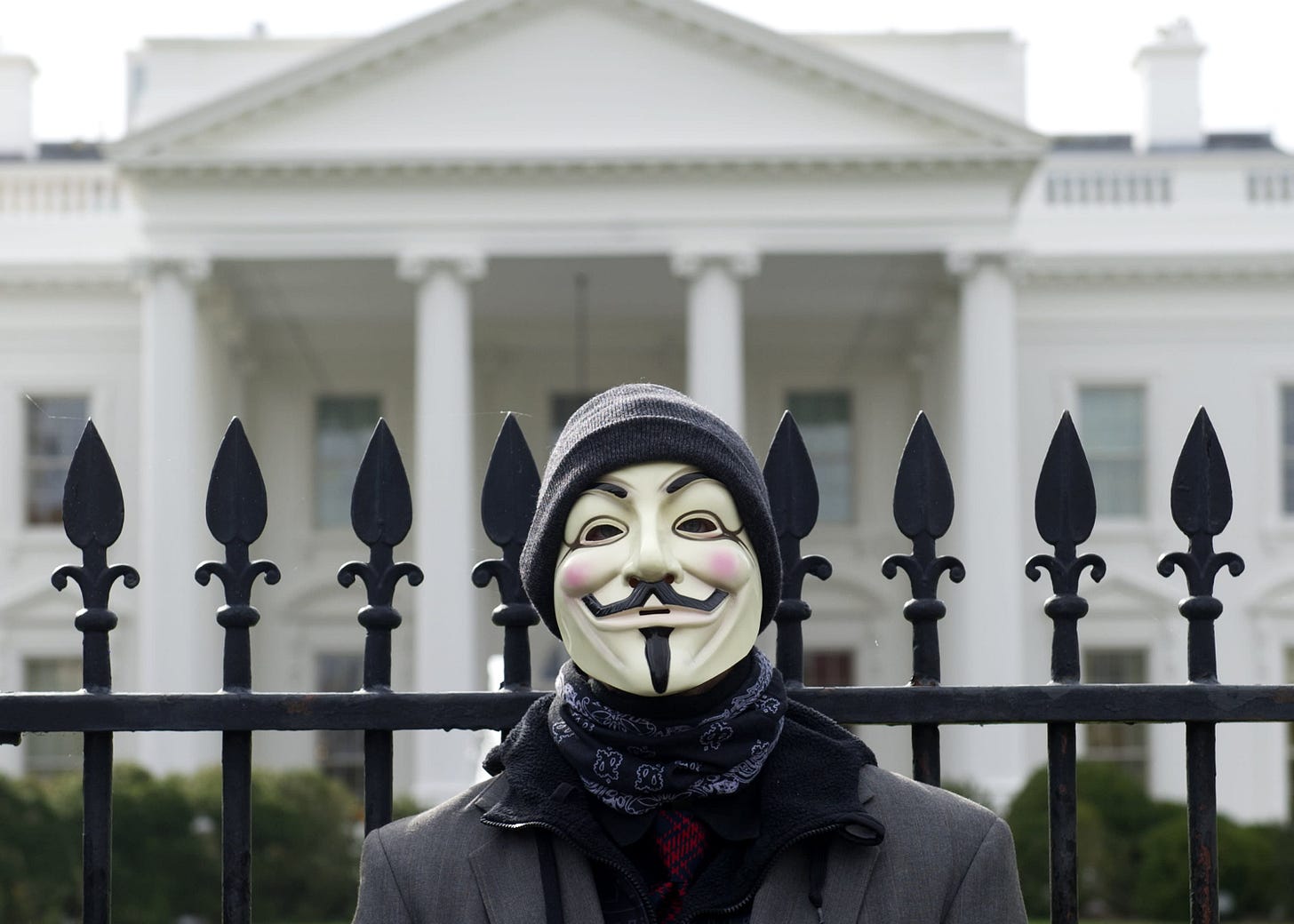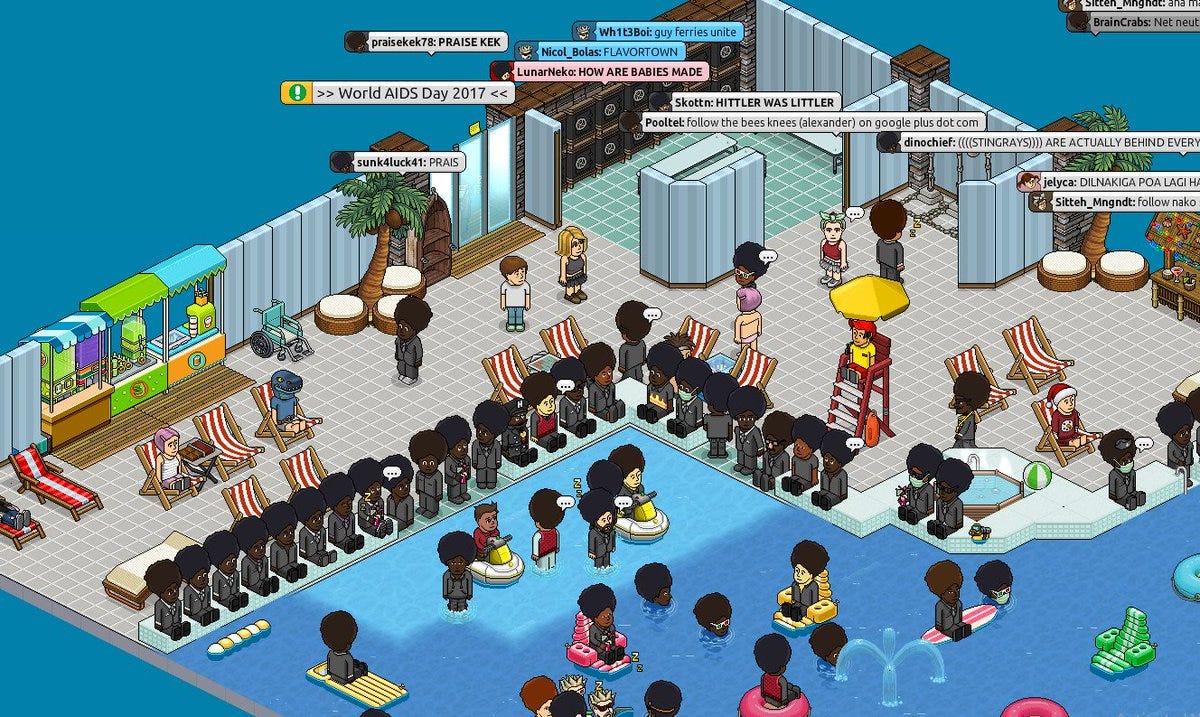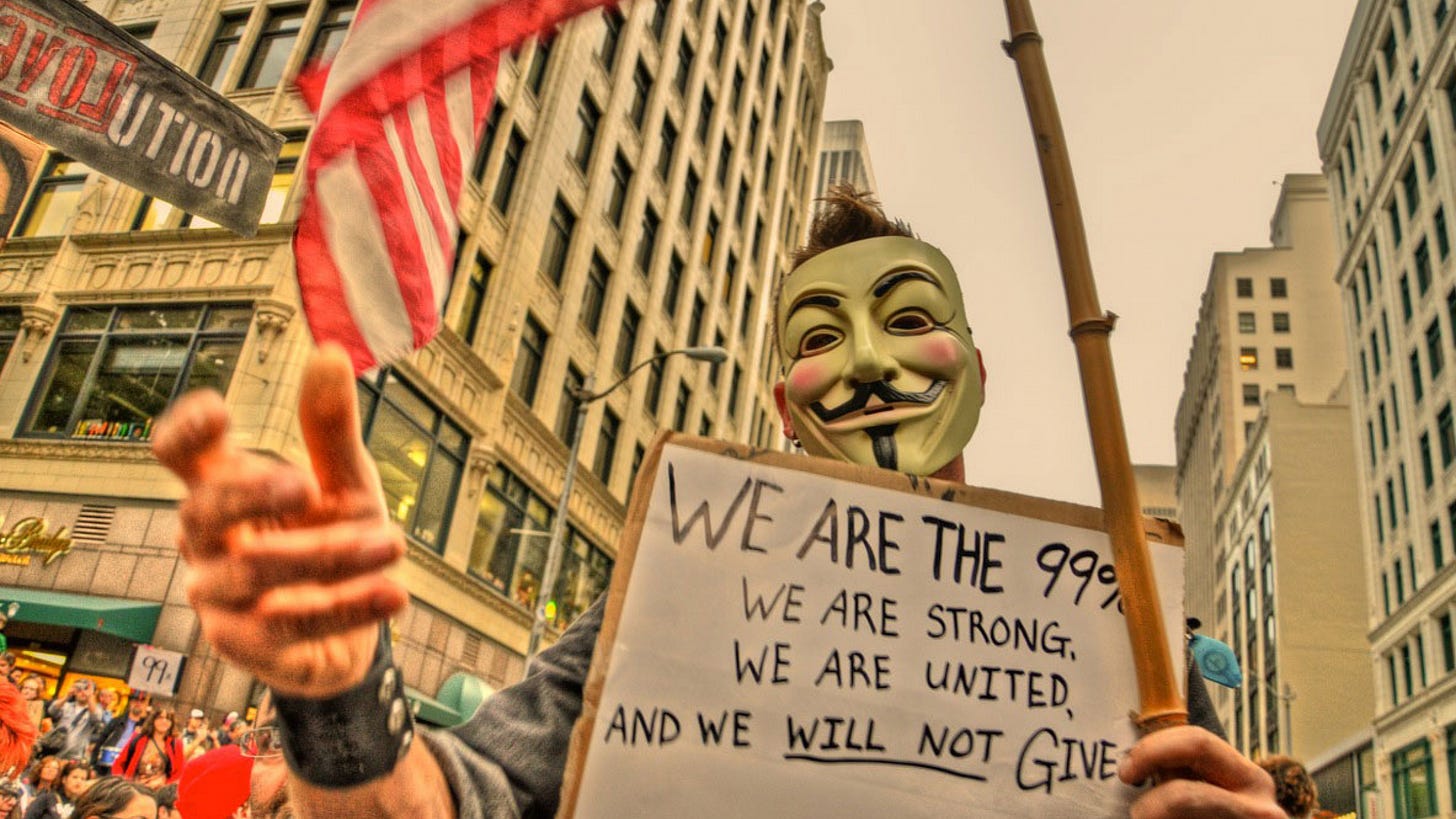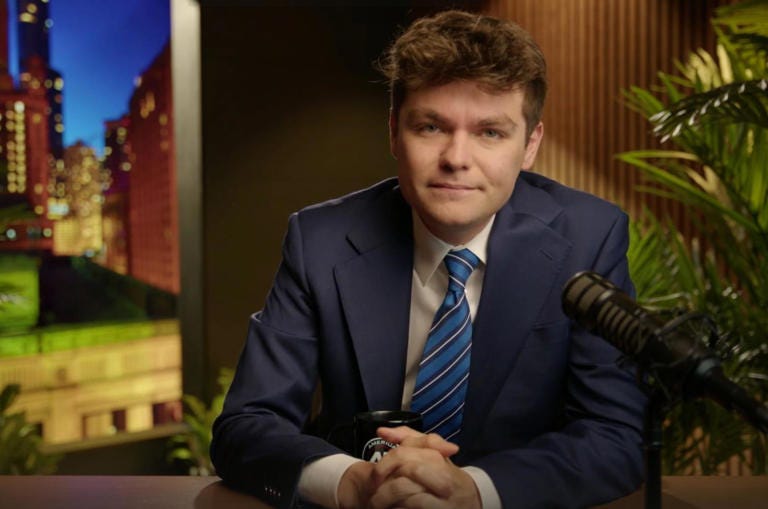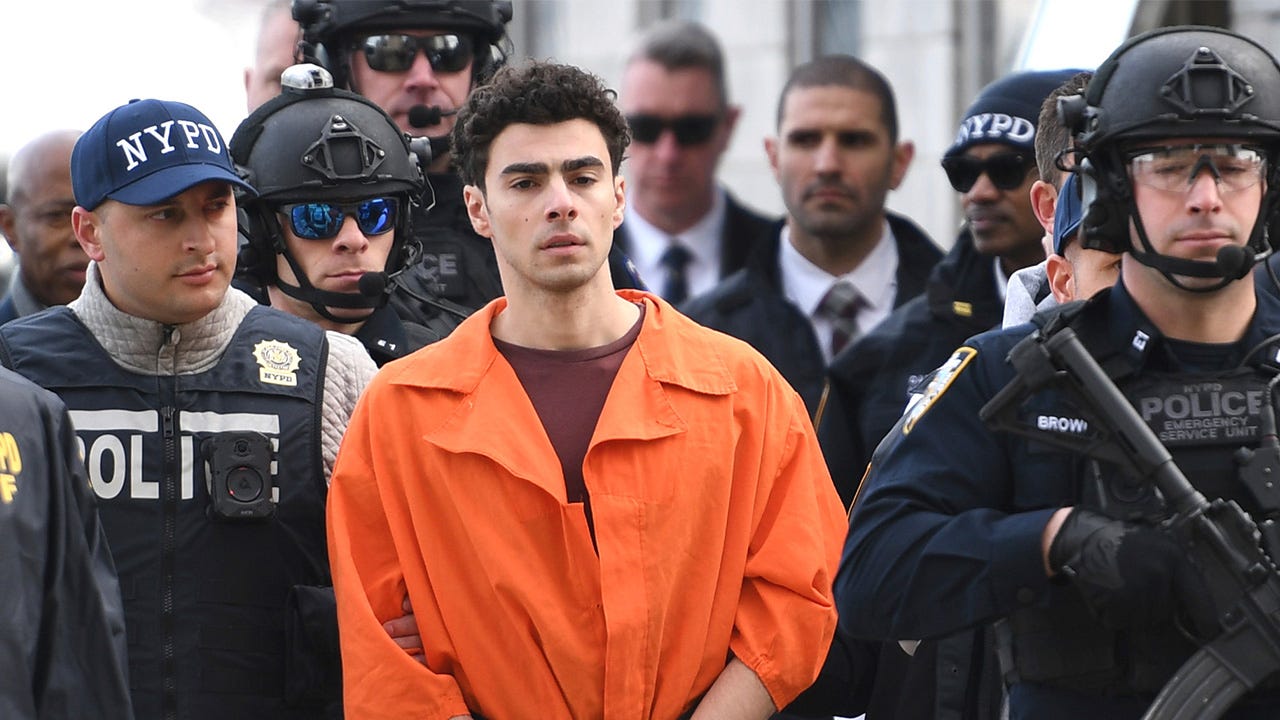ANONYMOUS WAS AN ANOMALY
On decentralization, digital activism, and the fragmentation of young male rage. The conditions that created Anonymous can never exist again. It lives on in groypers and lone wolf gunmen.
In honor of Bonfire Night AKA Guy Fawkes Day, I’m taking time to reconsider Anonymous’s role in society, the internet, and culture (if it has had one).
I want to posit that, while a future of Mr. Robot-esque hackers using technology to stick it to the system sounds alluring, Anonymous itself was a historical anomaly that will likely never happen again. While its influence wasn’t incredibly large, large corporate and institutional interests will work hard to ensure a movement like this doesn’t exist.
Before I discuss why this will likely never happen again, I want to give some background about the culture that birthed Anonymous. 4chan, and the wider network of internet forum culture in the early to mid-2000s, celebrated contrarianism and mischief.
The summer before 8th grade, a good friend, Lily, introduced me to 4chan.
It was 2008. MySpace was full of sex perverts who wanted to kidnap you, and Facebook had all the lame local people from your town you wished you didn’t live in. The social web was still in its infancy. Niche, community-run forums, AIM chats, and 4chan boards were where it was at.
Lily and I would have tons of fun eating pizza and prank calling our local GameStop. We would lead the kid working at GameStop on with a serious-sounding conversation, asking his opinion about whatever game was new. Let’s say, Final Fantasy or something. Then, when he’d least expect it, we’d ask if they sold the non-existent Battletoads game. This was a well-known prank at the time, so when the guy would yell back in a rage, we’d quickly report the results back to the 4chan thread that prompted the prank.
One of the most well-known pranks of the early days of 4chan involved a bunch of users joining a children’s MMO game, Habbo Hotel, and making identical characters featuring a Black man with an afro wearing a suit. The anons would then form a swastika formation and block other game players from entering the virtual pool. They’d spam in the chat that the pool was closed due to AIDS. I would never excuse such behavior (nor did I ever take part in any of these stunts), but I’d argue that the goal of such an incident was building community via shared naughtiness or rebellion.
Anonymous wasn’t born out of some altruistic cause.
It was a bunch of teenagers with too much time on their hands, engaging in antisocial behavior. Over time, some of these pranks evolved into more organized activism and hacktivism, targeting institutions viewed as oppressive.
I don’t know if there’s a clear turning point for when the “hacktivist” culture began, but in 2010, Anonymous gained a lot of press for defending WikiLeaks. This was in response to PayPal, Mastercard, and Amazon cutting off WikiLeaks’ funding methods after the 2010 Iraq war disclosures.
The group also took on Scientology and the Westboro Baptist Church. I would argue that Anonymous’ final major public point of cultural relevance was during the Occupy Wall Street protests in late 2011.
Chris Hedges’ Woke Imperialism essay does a fantastic job of explaining why American citizen activism became so corrupted following the Occupy Wall Street movement.
Following Occupy, major social movements that started online often lost momentum or fractured, and so did Anonymous. The group faced law enforcement crackdowns, high-profile arrests, infighting, and the dispersal of its core participants, which led to a decline in unified operations and visibility post-2012. The fragmentation of the movement mirrored a broader decline in the sustained cohesion of online-driven protest groups during this period.
Now that we have a clear understanding of the culture and context Anonymous existed in, here are a few reasons why a movement like this is highly unlikely to ever happen again, despite having had a huge influence on the internet and political and social web culture.
Decentralization is IMPOSSIBLE to make function at scale
Anonymous’ structure, lacking leaders or formal membership, became a symbol of the power and pitfalls of decentralized activism. Their impact highlighted both the resilience and vulnerability of movements without central control: decentralized, anonymous action can evade censorship and empower dissenters globally, but is also prone to infighting, infiltration, and moral inconsistency.
Very large organizations cannot function without hierarchy, whether explicit or implicit. The 1944 OSS Simple Sabotage Field Manual outlines this as well as a few other pitfalls many orgs find themselves in. If you’ve ever been a part of any political org, you’ll certainly recognize many of these, lol.
To do wide-scale cybercrimes (like Anonymous), you’d need to be incredibly organized or talented. While you may not need a critical mass of people, you need a small group with rare technical expertise who can coordinate effectively without formal structure.
This creates an inherent contradiction: the decentralization that protects the movement also makes it nearly impossible to coordinate the sophisticated operations that give it teeth. Add modern surveillance infrastructure and corporate security measures, and you have a structural problem that can’t be hacked around.
Can ANY movement this large even exist now?
Today, it is far more difficult for a movement as large, diffuse, and impactful as Anonymous to reemerge. Governments and corporations have developed advanced surveillance, digital repression tools, and stricter internet regulations in response to past incidents, fragmenting spaces where collective anonymity once thrived. Modern attempts at large-scale digital protest face new challenges in maintaining unity, resisting infiltration, and avoiding the rapid burnout or splintering that characterized post-Occupy activism. While pockets of hacktivism persist, the unique moment that enabled Anonymous’ scale and notoriety has become much harder to replicate.
We also live under the splinternet, which has been deepening by the year. In the past, if you were an odd person online, there were only a few places you could congregate. Even on 4chan, there are only a few boards (and half of them are porn). This scarcity forced different types of weirdos to occupy the same spaces, creating unexpected alliances and shared culture.
The internet has fractured into countless niche communities and platforms. Everyone can find their exact echo chamber, which means large, diverse coalitions like Anonymous are far less likely to form organically.
The culture of internet anonymity has also been waning.
Since the early 2010s, various tech platforms have been moving away from a culture of user anonymity and towards incentivizing users to establish some identity associated with their name. Although platforms like Reddit are reasonably Anonymous, they’ve still built a system that promotes groupthink by rewarding users for posting consensus comments. There are benefits and drawbacks to such a design, but that’s a topic for another post.
Anyway, fame is the new gold in our new attention economy. It’s hard to imagine a world where a reasonably large collective of people would operate without someone wanting to take public ownership of some involvement in it.
So if Anonymous cannot exist in its original form anymore, where did all that disaffected energy go?
Anonymous lives on in its bastard sons: Groypers and Lone Wolf gunmen.
Were many of the members of Anonymous doing what they did because they were genuinely altruistic? Or because altruism gave them a psychological veil of protection to engage in antisocial behavior? I bet it’s a bit of both.
But what if Anonymous’s true purpose wasn’t altruism or even altruism as a cover for antisocial behavior? What if it was ✨community✨?
Anonymous may have just been an early version of what’s now a monetized industry: funneling young men’s anger and frustrations into various outlets. Anonymous gave young men an outlet for disaffection, but now they can get this outlet from various online leaders who make a lot of money doing it.
You’re angry because life feels unfair, and rent is a lot more expensive than it was 10 years ago. You’re 21, fresh out of college, and the woman, 2.5 children, and 6-figure job you were promised feels out of the question. Your dignity as a man is nonexistent.
Here are a few maladjusted options for managing this disillusionment:
Drop out (disengage with social interactions via “irony”) and tune in (”goon” to porn and play video games)
Blow some shit up
Blame someone else (women and the Jews™️)
4chan culture and the wider internet culture predominantly follow the first one. There’s a tease of the 2nd and 3rd option, but it all usually follows the 1st, which is escaping into one’s head.
Groypers are an actionless COMMUNITY
Groypers inherited Anonymous’s cynicism and community without the action. Although Nick Fuentes is now the face of the movement, it’s directly descended from the “Kekistan” members of the alt-right. While there have been a few mass shooters and violent actors associated with this movement, it is by and large a social club.
If we assume Anonymous’s true purpose was community, then Groypers may operate under the assumption of “altruism” but really just want community among other disillusioned young men.
Like Anonymous, they’ve kept a sense that “the system” is rigged. But maybe “the system” feels too big, scary, and complex to actually target through pranks or hacks. Or maybe you’re just a lazy loser. Why have a cyberterrorist community build a shared project when you could just join a Discord channel, make a Little Dark Age edit, or send Nick Fuentes a superchat with the hopes that he’ll roast you?
A cyberattack means you’ll go to jail, and it’ll all be forgotten tomorrow. The big, scary trading algorithm will go on. It’s far easier just to blame the long-standing evergreen stand-in symbol for financial complexity: the Jews™️.
It’s passive consumption of rage dressed up as political engagement. The community remains, the collective identity remains, but (for better or worse) there is no real action.
Lone Wolves are community-deficient BAD ACTORS
Murder is wrong.
However, it’s undeniable that many politically motivated Lone Wolf attacks have operated under the same vein as prior Anonymous attacks. Disaffected men engage in antisocial behavior that they have convinced themselves is an offense against a wrong committed against them.
The murderer of the UnitedHealthcare CEO, Luigi Mangione, and the dozens of white nationalist killers of the past decade (Christchurch, Anders Breivik, the Charleston church shooter, etc.) have something in common: they targeted symbols of what they believed had wronged them and people like them. This is blatantly in the same ethos as Anonymous. Given that the actual Guy Fawkes was a terrorist turned neckbeard folk hero, this seems pretty fitting.
Instead of using “grey” means like cyberattacks and hacking, young disaffected men are using actual violence while following a similar principle. Murders that they genuinely believe follow the same altruistic purpose. But where Anonymous operated as a collective, these men act alone. They may lurk in online communities that radicalize them, but they don’t organize, they don’t coordinate, they don’t build anything together. They inherit Anonymous’s sense of justified retaliation against “the system,” but strip away the community that once channeled and constrained that impulse.
It is 2025, and the White House has posted a photo of the President as a character in Halo. While Anonymous, the hacktivist org, no longer exists, its spirit lives on in fragmented, darker forms.
As long as we have a collective of young, disillusioned men, I predict that antisocial behavior will only increase and may linger around longer than adolescence. The veil of altruism may remain. But the actual cause, disenfranchisement, may only rear its vulnerable head in the excuses used to justify this antisocial behavior. Or maybe it’ll just be for the lulz.
I don’t have a Guy Fawkes mask so I opted to wear a fedora trilby instead. Happy November 5th! ^^)



